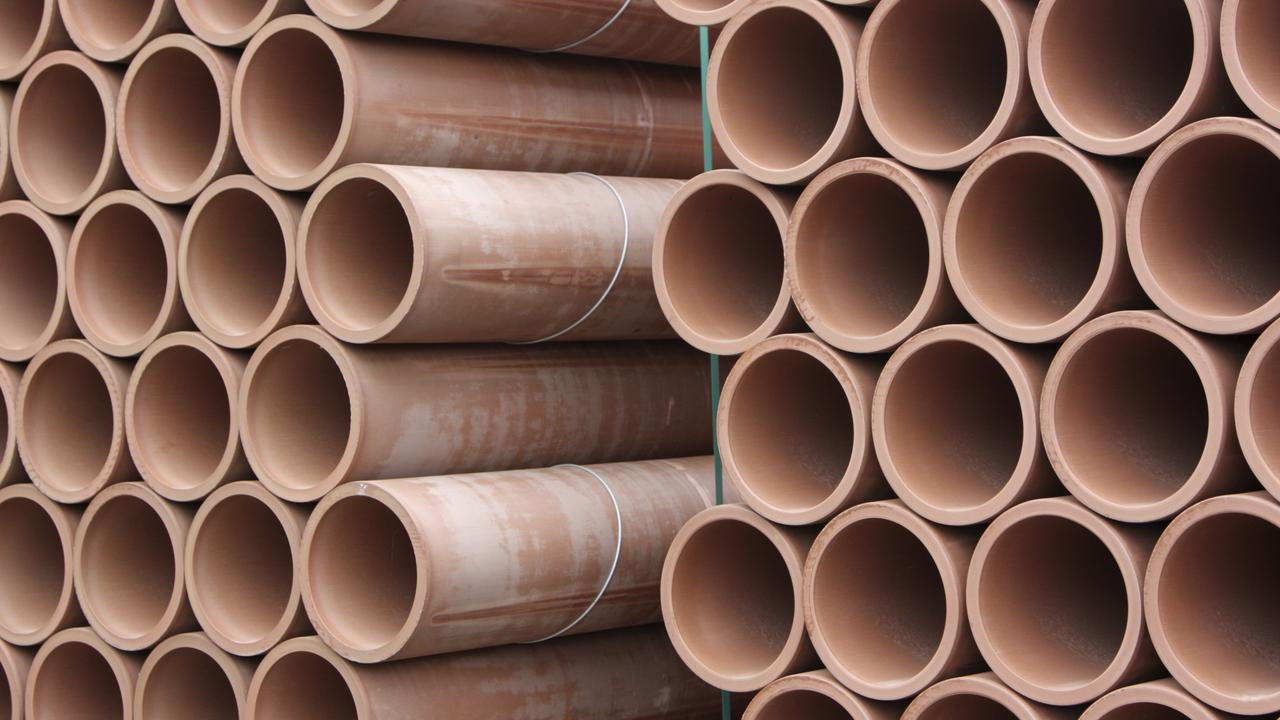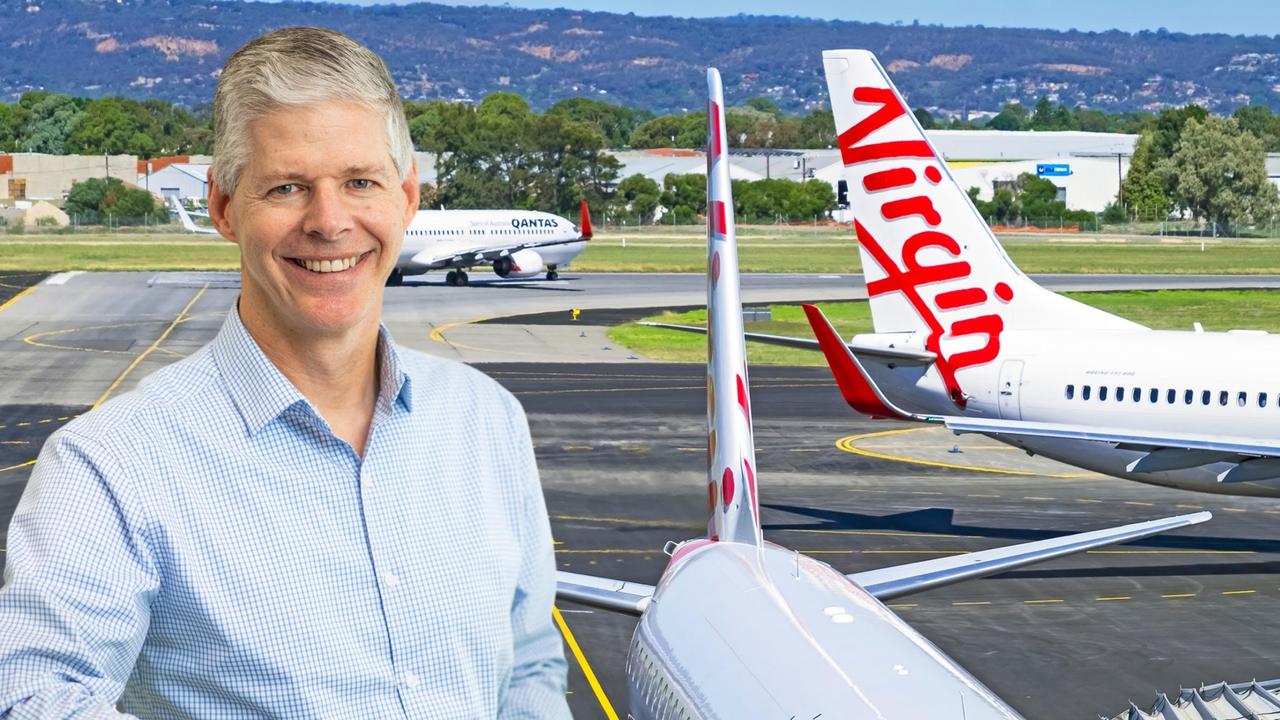SA Business Chamber survey reveals energy costs and red tape are major worries for local firms
A new survey shows SA business confidence is tracking in the right direction, but two major hurdles remain a major worry as many operators struggle to stay afloat.
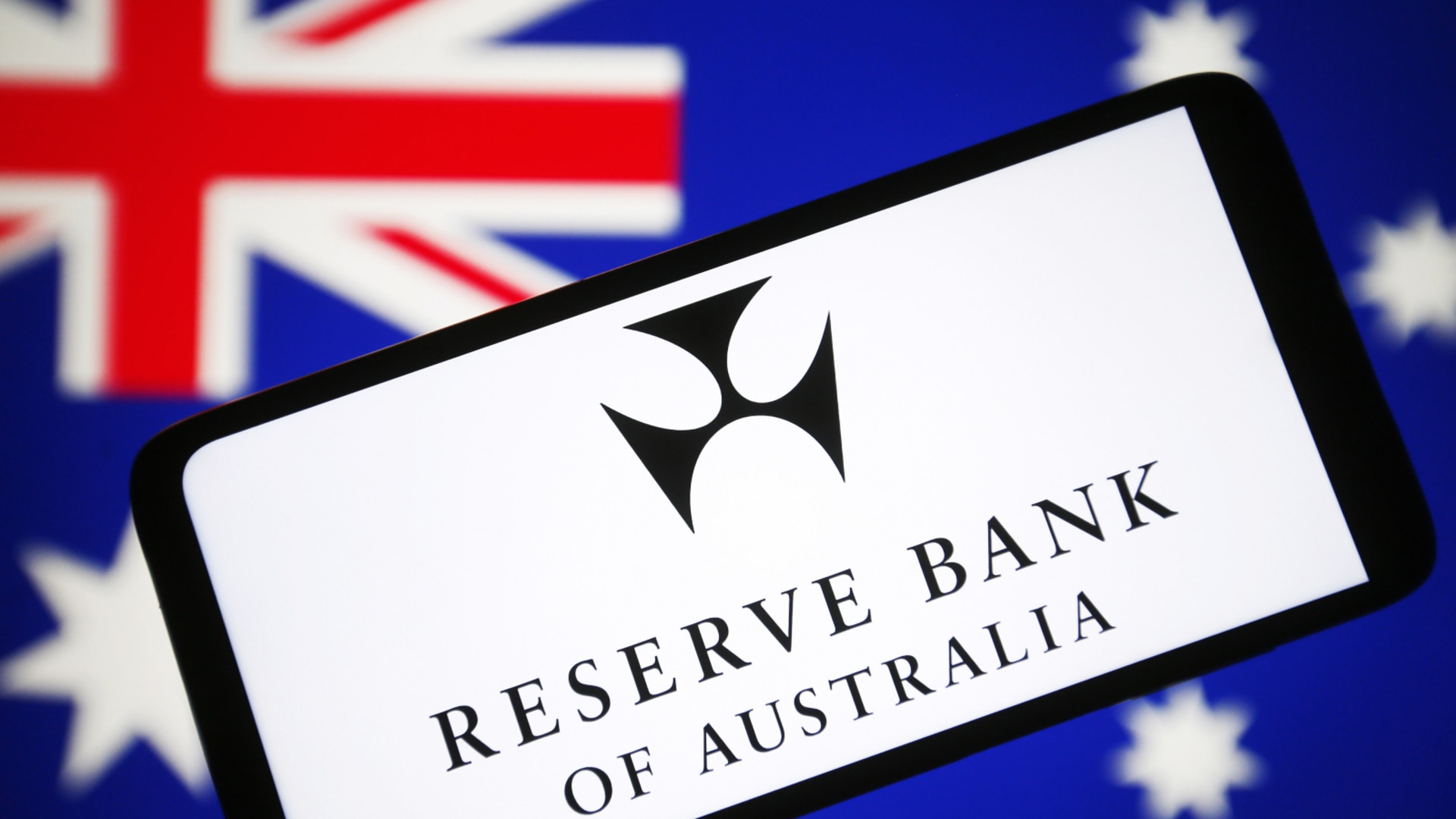
Business
Don't miss out on the headlines from Business. Followed categories will be added to My News.
South Australian business confidence is on the rise, according to a South Australian Business Chamber survey, but rising costs remain the major worry for local business owners who are increasingly open to the idea of nuclear energy playing a role in bringing down power prices.
The latest South Australian Business Chamber-William Buck Survey of Business Expectations, released on Tuesday, reveals that its business confidence index increased by 7.5 points in the December quarter to 93.8 points, where 100 is considered a neutral level.
The business conditions index – a measure of businesses’ trading performance – was also higher, rising by 7.4 points to 89.3 points.
However South Australian Business Chamber chief executive Andrew Kay said cost pressures were continuing to put a squeeze on profits, while heightened levels of red tape and regulation remained a major frustration.
“Wages, energy, insurance, inputs – there isn’t a cost that hasn’t increased significantly over the past few years,” he said.
“The Cost of Materials Index grew to its highest level since September 2023, while the Cost of Overheads Index also increased, marking the ninth consecutive quarter above 150 points.
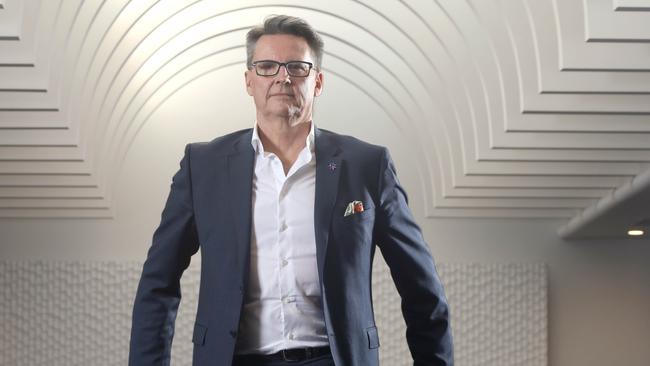
“Unfortunately these costs are not being passed on and the Average Selling Price Index has remained relatively flat over the last 18 months, leading to the reported squeeze on profits.”
According to the survey, 75.1 per cent of respondents cited the cost of doing business as one of their top five challenges. The next closest, at 54.1 per cent, was profitability and margins, indicating that many businesses are struggling to offset the rising costs with increased prices.
With more than 40 per cent of respondents reporting that their energy bills had increased by 11-30 per cent over the past year, the survey shows that most business owners now favour adding nuclear energy to the energy mix in order to bring down power prices.
Close to two thirds of respondents to the survey believe there is a place for nuclear in South Australia’s energy mix, with a similar number calling for Australia’s moratorium on nuclear to be repealed.
“The Chamber has taken a fuel-source agnostic view – we want energy that is cost effective, sustainable and consistent in its supply, while helping us meet our net zero targets – and we remain open-minded about how that is delivered,” Mr Kay said.
“It seems that businesses share this approach.”
Asked what their major concerns over nuclear power were, 59.1 per cent raised the issue of nuclear waste disposal, while 57.4 per cent were concerned about the initial cost of establishing a nuclear industry in Australia. Close to 30 per cent of respondents held no concerns about adding nuclear to South Australia’s energy mix.
SEELEY ‘DOUBLING DOWN’ DESPITE ENERGY COSTS, RED TAPE
Confusion and compliance costs around the federal government’s industrial relations reforms and a weak Australian dollar are adding to the cost pressures already facing businesses like Seeley International, according to managing director Jon Seeley, but he says the company is “doubling down on Australian manufacturing” with new products and innovation.
Australia’s largest manufacturer of airconditioners and ducted gas heaters employs around 500 workers, mostly at its main factory in Lonsdale.
But the company is closing a second site at Albury, on the NSW-Victoria border – a move that Mr Seeley blames on changes to casual worker laws that had undermined the employment of a seasonal workforce at the site.
“We had legal clarity around casual employment; now we do not,” he said.
“The flexibility of casual employment was crucial for our business and staff, but with it being made more complex, we’ve had to consolidate our workforce in SA to stay efficient.
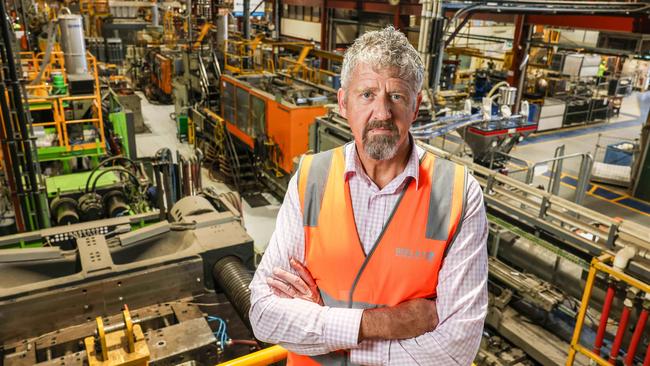
“The federal industrial relations changes have also introduced legal confusion, increased compliance costs and introduced unnecessary conflict into a lot of workplaces.”
The closure will affect 85 permanent jobs and 40 seasonal roles.
Energy costs are another area of concern for Mr Seeley, who said prices had increased by 60 per cent as part of a recent renewal of a multi-year electricity agreement.
“Government energy policies have undoubtedly been driving up energy costs and expansionary federal budgets are driving inflation throughout the economy,” Mr Seeley said.
However Mr Seeley said he remained “bullish” about the South Australian economy, due in part to the “pragmatic policies pursued at the state level”.
Seeley International, established by Mr Seeley’s parents Frank and Kathy in 1972, is ramping up production of its energy efficient Climate Wizard Hybrid model, which it developed specifically for the US market.
The company exports its products to residential and commercial customers across the world.
“We see increasing demand for energy efficiency, which our products provide, as a huge part of our growth strategy going forward,” Mr Seeley said.
“Especially overseas, where we hope to see substantial sales growth in the United States.
“Despite cost challenges, we’re committed to manufacturing great products in Australia and expanding globally; our continued investment in energy efficient technology has us confident we can meet growing demand both nationally and internationally.”




